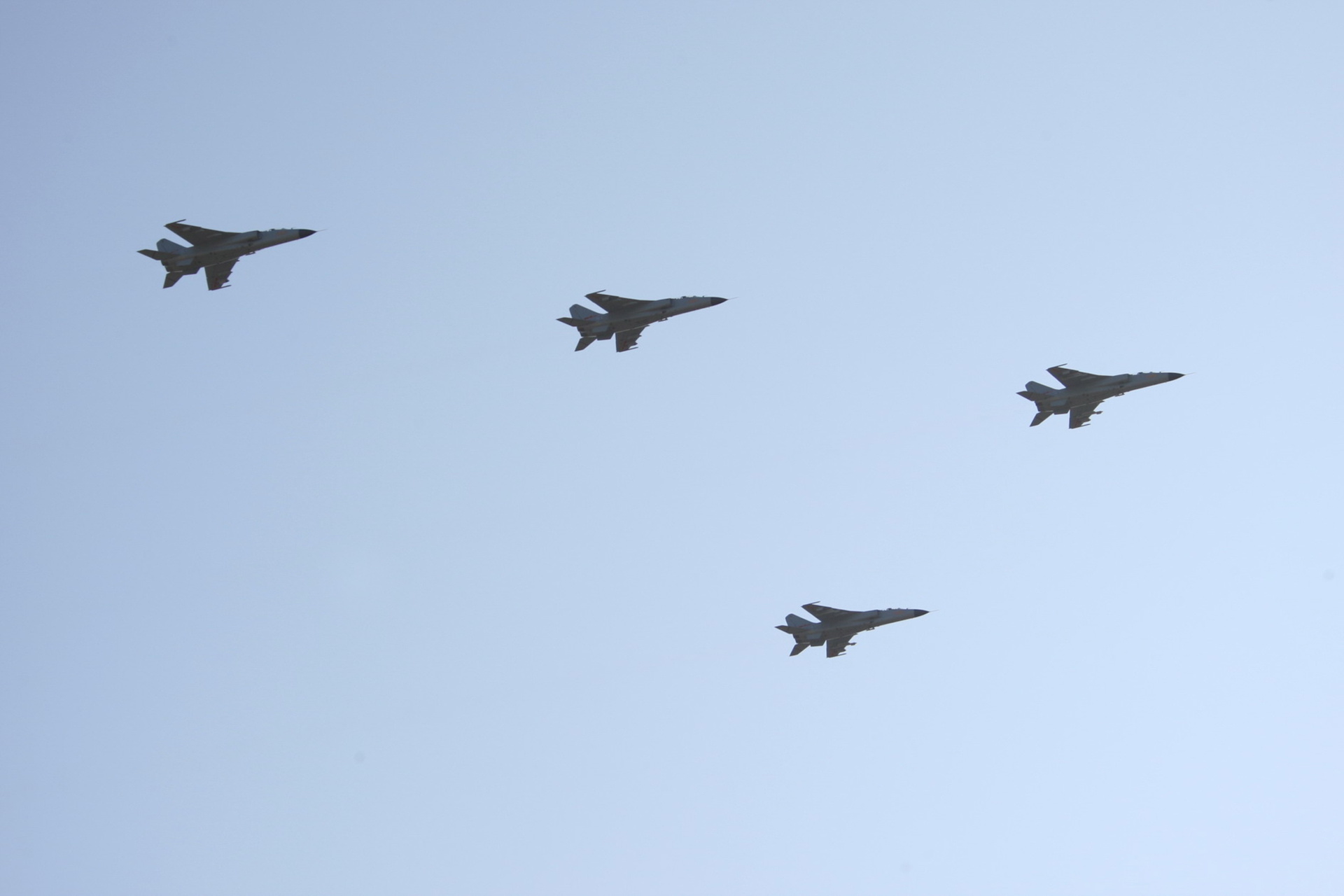Hot politics, frozen economics — the strange relationship between China and Russia
China withdrew (at least for now) from an important Russian liquefied natural gas project, even as the two sides conducted joint strategic bomber patrols near Japan amid Joe Biden’s visit and the Quad summit.

China and Russia conducted an “aerial strategic patrol in the airspace over the waters of the Sea of Japan, the East China Sea and the western Pacific Ocean,” on May 24, according to the Chinese Ministry of National Defense.
The joint patrol occurred while U.S. President Joe Biden was in Tokyo, publicizing the American presence in the Indo-Pacific, and meeting other leaders of the Quad military grouping, which comprises the U.S., Japan, India, and Australia.
Japan scrambled fighters to intercept the Chinese and Russian bombers and expressed “grave concerns” to Moscow and Beijing through diplomatic channels, according to Reuters. South Korea also scrambled jets on its own, after Chinese and Russian bombers entered its Air Defense Identification Zone (ADIZ).
A previous Sino-Russian joint bomber patrol over the Sea of Japan/East Sea in 2019 also led South Korea and Japan to scramble jets. The 2019 Sino-Russian patrol actually led the two northeastern Asian democracies to feud with each other, as both South Korea and Japan claim territory in the body of water.
Sanctions scare China off Russian gas
On May 23, Russian Foreign Minister Sergey Lavrov said that Russia will continue to expand ties with China while bilateral ties will “grow even faster.” China is completely on board with that messaging, but the good vibes don’t extend to business, including the trade in liquid natural gas (LNG). This may be greatly affected by the U.S.-led, global sanctions on Russia: Chinese firms were told to stop work on Russia’s Arctic LNG 2 project, according to the South China Morning Post.
If the report is accurate, this is an important development: China is the world’s largest LNG importer, and the project’s suspension or cancellation will exacerbate global LNG supply shortages and directly benefit U.S. LNG producers. (American LNG producer Venture Global confirmed yesterday that it will construct its planned new LNG export terminal in Louisiana.)
Chinese LNG buyers have made major purchases from Venture Global and other U.S. suppliers; Sinopec and other Chinese firms have expanded their U.S. commitments since Russia’s February 24 invasion of Ukraine.
Despite the rhetoric in support of Moscow, Beijing has been rather mealy-mouthed in its economic support: At a May 24 press conference, Chinese Ministry of Foreign Affairs spokesperson Wāng Wénbīn 汪文斌 responded to a planted question from Chinese state media on bilateral economic ties with Russia:
While Wang said that China “appreciates” Lavrov’s remarks and emphasized that Russia is China’s “comprehensive strategic partner of coordination,” he did not commit to any specific measures of economic assistance.






